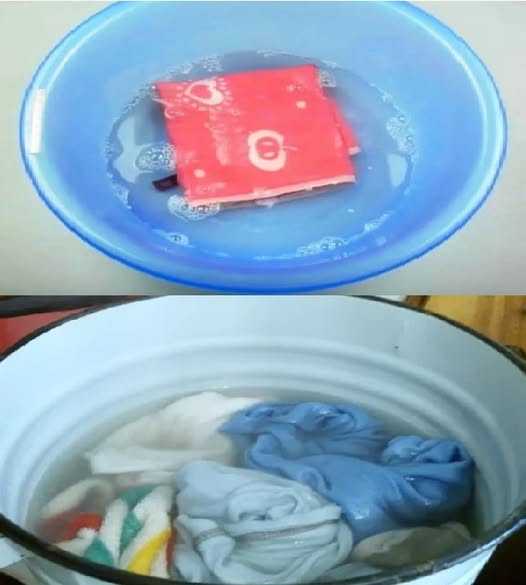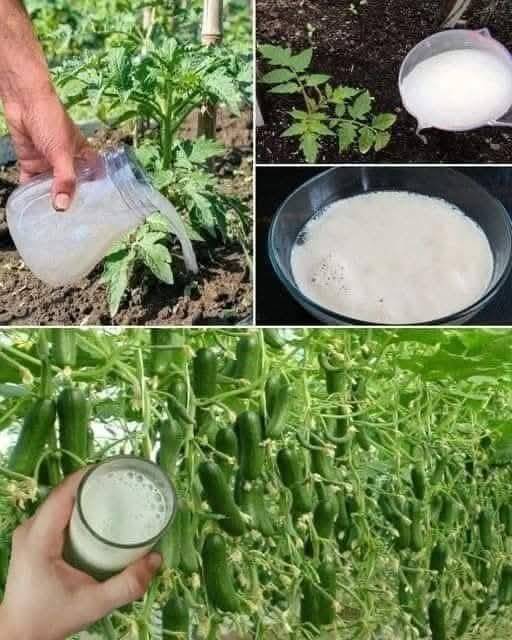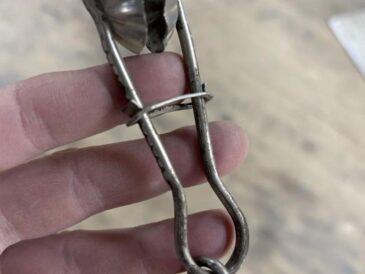A clogged oven can reduce its performance and efficiency, leading to increased energy consumption, longer cooking times, and higher electricity or gas bills. Fortunately, there are simple steps you can take to keep your oven and stove running at optimal efficiency. By regularly maintaining and cleaning your oven, you can reduce costs and improve the performance of your appliances, making them last longer and work better.
Here are some effective ways to unclog and maintain your oven and stove to enhance efficiency and save money on your utility bills.
1. Regularly Clean Your Burners and Grates
Why It’s Important:
Over time, food particles, grease, and other debris can accumulate on your burners and grates. This buildup can restrict gas flow and cause uneven cooking, leading to longer cooking times and inefficient energy use. When the gas flow is blocked, the burners will not function properly, and the oven may not heat as evenly.
What to Do:
Regularly clean the burners and grates to ensure there is no food or grease buildup. Use a soft sponge and soapy water, or choose a specialized gas burner cleaner to remove stubborn residue. Pay particular attention to the small holes or nozzles in the burners, as these can get clogged with grease or food particles. If your burners are removable, take them off and clean them thoroughly. Checking the nozzles for any blockages can help prevent a decrease in burner efficiency.
2. Oven Cleaning and Maintenance
Why It’s Important:
A dirty oven can result in uneven heat distribution, which causes longer cooking times and higher energy consumption. Grease, food splatters, and spills can also create a thick layer of residue on the heating elements, which makes it harder for the oven to reach the desired temperature efficiently.
What to Do:
To clean your oven naturally, use a mixture of baking soda and vinegar. Sprinkle baking soda on the oven surfaces, add a little water to form a paste, and let it sit for a few hours before scrubbing. For more stubborn grease, vinegar can be sprayed on the surface before wiping it away. Make sure the heating elements and fans are free from debris, as these can interfere with heat distribution.
Additionally, check the oven door seals regularly. If the seals are damaged or worn, it can lead to heat loss, which reduces the oven’s efficiency and increases energy consumption.
3. Ventilate Your Oven and Cooker
Why It’s Important:
Good ventilation in your oven and stove is essential for even heat distribution. When vents and fans are clogged or blocked, it prevents proper airflow, which can cause uneven cooking. This means the oven or stove will take longer to cook your food and use more energy to reach the desired temperature.
What to Do:
Regularly inspect and clean the fans and vents in your oven and stove. Dust, grease, and food debris can accumulate in the vents, so wiping them down with a damp cloth or using a vacuum cleaner can help improve airflow. Keeping these areas clean ensures that the oven can operate more efficiently and reduce cooking times.
4. Regularly Check the Gas Pressure and Pipes
Why It’s Important:
If your gas cooker or oven is not burning evenly or at the right intensity, it could be a sign that the gas pressure is too low. Low gas pressure can prevent your stove and oven from heating efficiently, meaning you will use more energy to reach the desired temperature. Additionally, blocked gas pipes can lead to leaks, which can be dangerous and costly.
What to Do:
If you notice uneven or weak flames, it might be time to check the gas pressure. You can do this yourself if you are familiar with your gas system, or it’s best to call a professional service technician. They can check your gas installation for leaks, blockages, and low pressure. If necessary, they can replace any worn-out parts or pipes that are restricting the flow of gas.
Tip: Always keep an eye out for any unusual gas smells, as this could be a sign of a leak. If you suspect a gas leak, turn off the gas supply immediately and contact a professional to handle the situation.
5. Replacing Worn Parts
Why It’s Important:
Over time, parts in your oven or cooker can wear out, such as igniters, thermostats, and heating elements. When these parts are faulty, they can cause your appliance to work inefficiently, either by not reaching the desired temperature or by consuming excess energy to do so.
What to Do:
If your oven or stove is not heating properly, check the condition of key components like the heating elements, igniters, and thermostats. These parts can become less effective over time, and replacing them with new ones can significantly improve your appliance’s efficiency. You can usually find replacement parts at appliance stores or through the manufacturer.
Replacing a worn thermostat can improve temperature regulation, while a new heating element can restore the proper heat distribution. Sometimes, replacing just one part can make a huge difference in how efficiently your oven or stove operates.
6. Regularly Clean the Cooker Hood Filter
Why It’s Important:
The filter in your cooker hood is designed to extract steam, grease, and smoke from the air, but over time, it can become clogged with grease and dust. A dirty filter can reduce the efficiency of your cooker hood, leading to poor ventilation and increased temperatures in the kitchen. As a result, the oven and stove may have to work harder to maintain the right cooking temperature.
What to Do:
It’s essential to clean or replace the cooker hood filter regularly. If your filter is removable, clean it by soaking it in hot water and dish soap or a specialized cleaner. If it’s a charcoal filter, replace it every few months to ensure optimal performance. By keeping your cooker hood filter clean, you improve the overall air circulation in your kitchen and reduce the workload of your oven and stove.
Additional Tips to Improve Efficiency:
1. Cover Your Cooking:
Covering your pots and pans while cooking reduces cooking times and helps to save energy. Whether you’re using the stove or the oven, covering your food allows heat to circulate more efficiently, speeding up the cooking process and reducing the energy needed.
2. Use the Right Cookware:
Using cookware with thick, heavy bottoms helps to retain heat and distribute it more evenly, reducing cooking time and energy consumption. Cookware with a non-stick coating can also help with heat distribution and prevent food from burning, which means less energy is required to cook.
3. Utilize Residual Heat:
After turning off the stove or oven, take advantage of the residual heat to finish cooking or to warm food. For example, when you bake a casserole or roast vegetables, you can turn off the oven 10 minutes before the cooking time ends and allow the remaining heat to finish the job.
FAQ
How Often Should I Clean My Oven and Stove?
It’s a good idea to clean your oven and stove at least once a month. However, if you cook frequently or use your oven for heavy baking, it’s recommended to clean it every few weeks to keep it in good working order. Make sure to pay attention to the heating elements, fans, and vents, as these areas tend to get dirty the fastest.
What Should I Do If I Have a Problem with Gas Pressure?
If you suspect that there’s an issue with the gas pressure, contact your gas provider to check the installation and perform any necessary repairs. They can check the gas flow and make adjustments if needed. Never attempt to fix gas-related issues yourself, as this can be dangerous.
Can I Use Natural Oven Cleaners?
Yes, natural cleaning agents like baking soda and vinegar are effective at removing grease and grime in a non-toxic, environmentally friendly way. Baking soda works as a mild abrasive, while vinegar cuts through grease, making them a powerful combination for cleaning your oven.
Conclusion
Regular maintenance and cleaning of your oven and stove can help keep them running efficiently, reducing energy consumption and prolonging their lifespan. By following the simple steps outlined in this guide, you can save money on energy bills, avoid costly repairs, and enjoy the benefits of a fully functional and efficient kitchen appliance. Taking the time to care for your cooker will not only improve its performance but also ensure you get the most out of your cooking experience while saving money in the long run!





